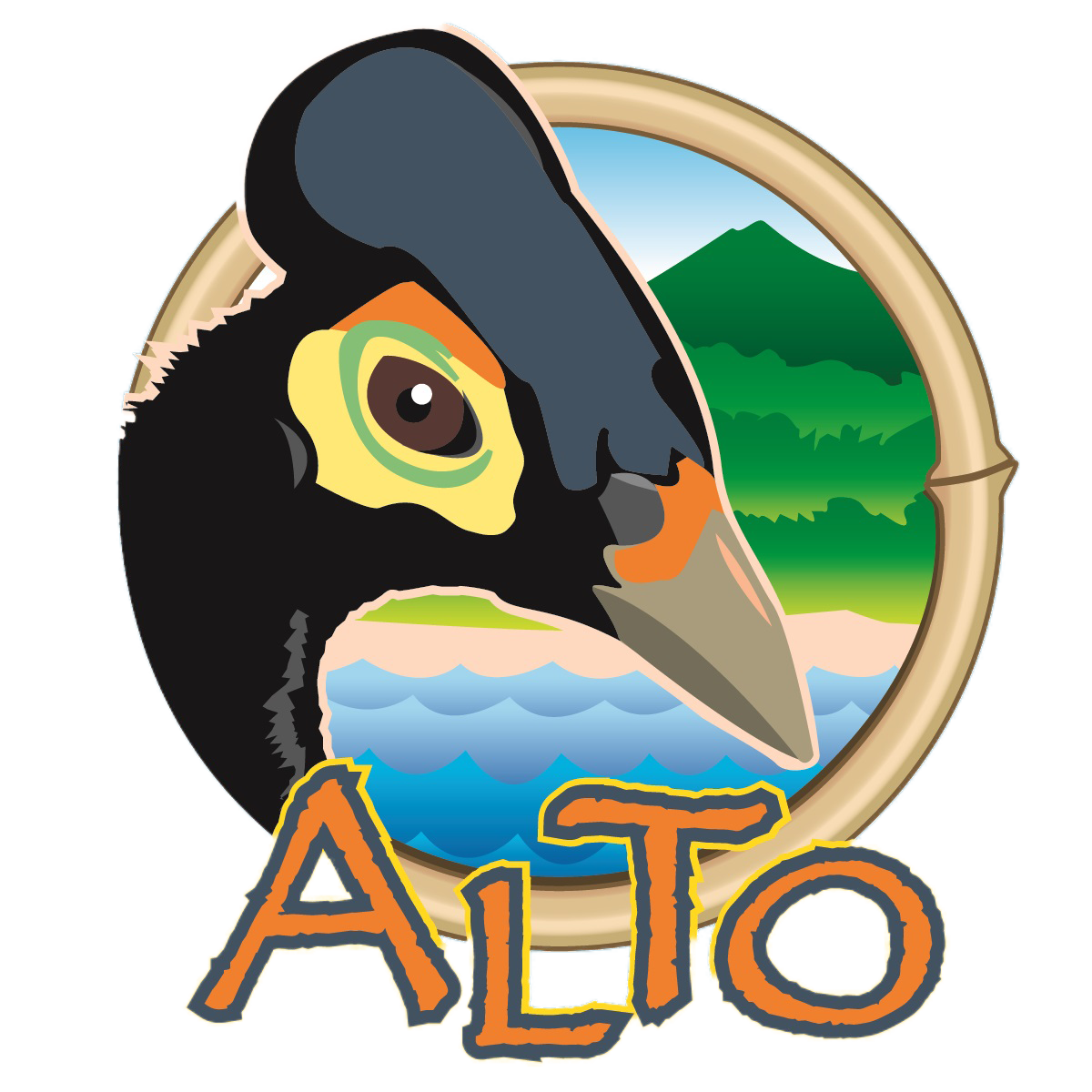Forests
Forests
Tropical Forests – Foundation for life
Much of life on Earth, in one way or another, rests on healthy tropical forests.
Whether it’s as the home for myriad unique and wondrous plants and animals, the source of oxygen and sink for carbon, the purifier of water and preventer of floods, the provider of wood, rattan, and damar resin, or simply the place to wander for peace and solitude, the forests of Tompotika are endlessly generous to humanity and countless other creatures. Even healthy coral reefs off Tompotika’s shores depend on healthy forests on land.
AlTo works with local people and governments to protect Tompotika’s native rainforests from the rapid destruction that is going on in forests around the region and in the world.
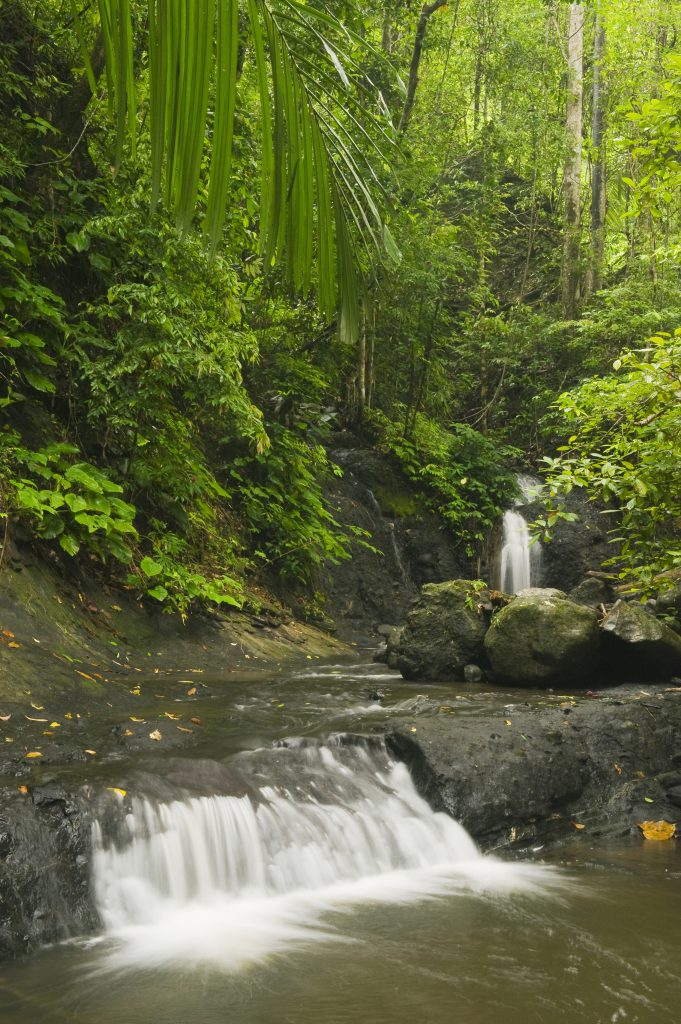
The Tompotika Forest Preserve
AlTo’s forest conservation program is centered around the Tompotika Forest Preserve, a roughly 10,000-hectare (25,000 acres) protected rainforest area surrounding Mount Tompotika, at the heart of the Tompotika peninsula. AlTo also protects smaller patches of forest in strategic areas where healthy natural vegetation is essential for key threatened species — for instance, where the maleo nesting grounds connect to larger forest areas. AlTo aims to protect these areas from the threats of mining, illegal logging, conversion for palm oil plantations, slash and burn agriculture, and other threats, while working with local people to encourage forest-friendly lifestyles and livelihoods, such as organic farming, in areas adjacent to the preserve.
Tompotika — A Center of Endemism
Tompotika’s forests harbor countless unique and wonderful plants and animals, many of them “endemic” to Sulawesi — that is, they are found only on Sulawesi and nowhere else. There’s the tiny, adorable tarsier, Tarsius dentatus. The regal Red-Knobbed Hornbill Rhyticeros cassidix. The dwarf buffalo Anoa, Bubalus depressicornis. There’s the cuddly marsupial Bear Cuscus Ailurops ursinus, the strange babirusa pig-deer Babyrousa babyrussa, and many more. Sadly, many of these remarkable creatures are in danger of extinction due to loss of their forest habitat, overhunting by humans, and other threats.
Sulawesi itself is high in endemic species, but Tompotika is a hotspot of endemism within Sulawesi: at least nine species of animals are known only from the Tompotika area alone — nowhere else on Sulawesi or the entire planet! Both within and outside the Preserve, Tompotika’s forests are key to a healthy future for its human inhabitants and all life. AlTo works not only to preserve native forests, but also to help humans better understand and appreciate them for what they are — a foundation for healthy life for all.
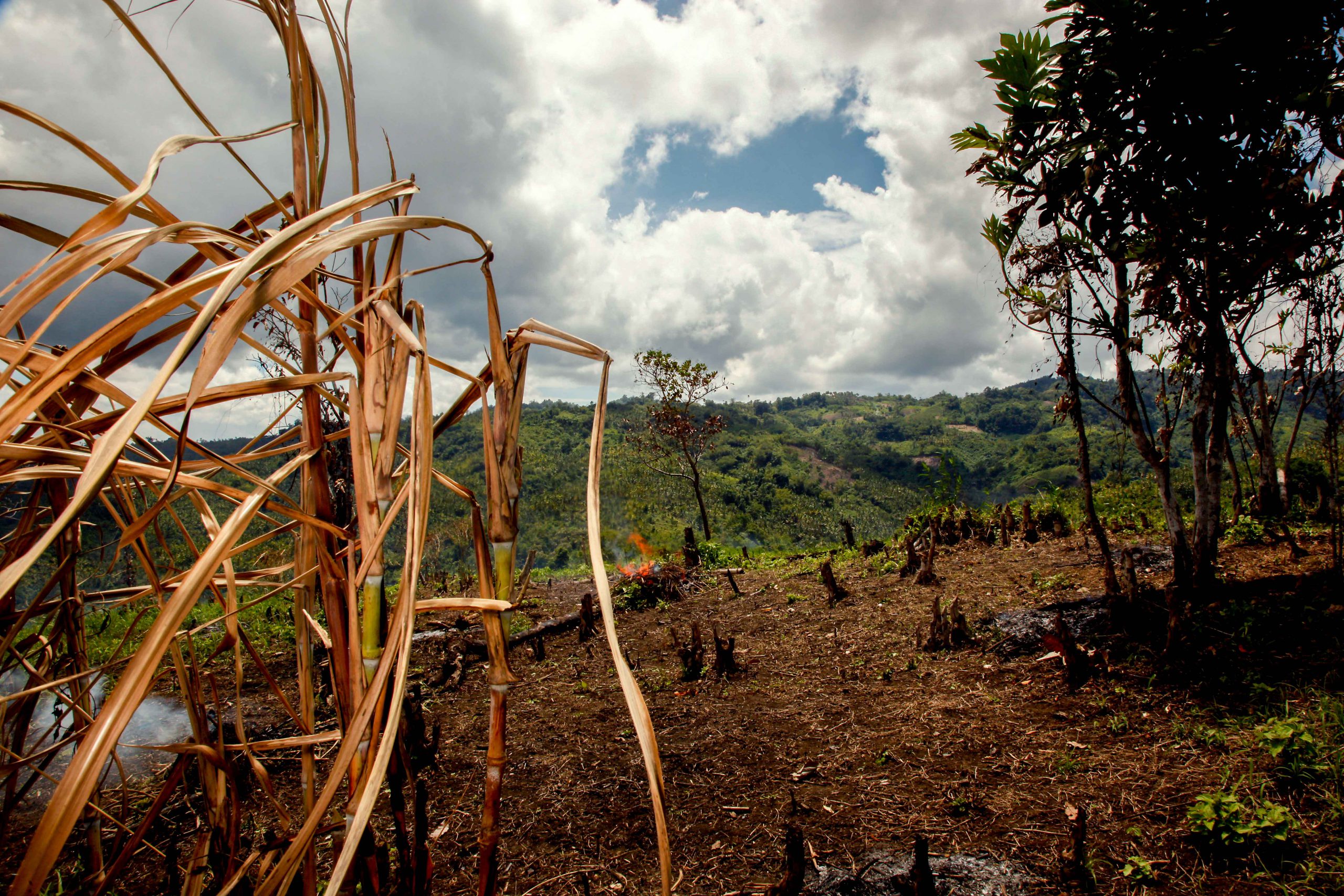
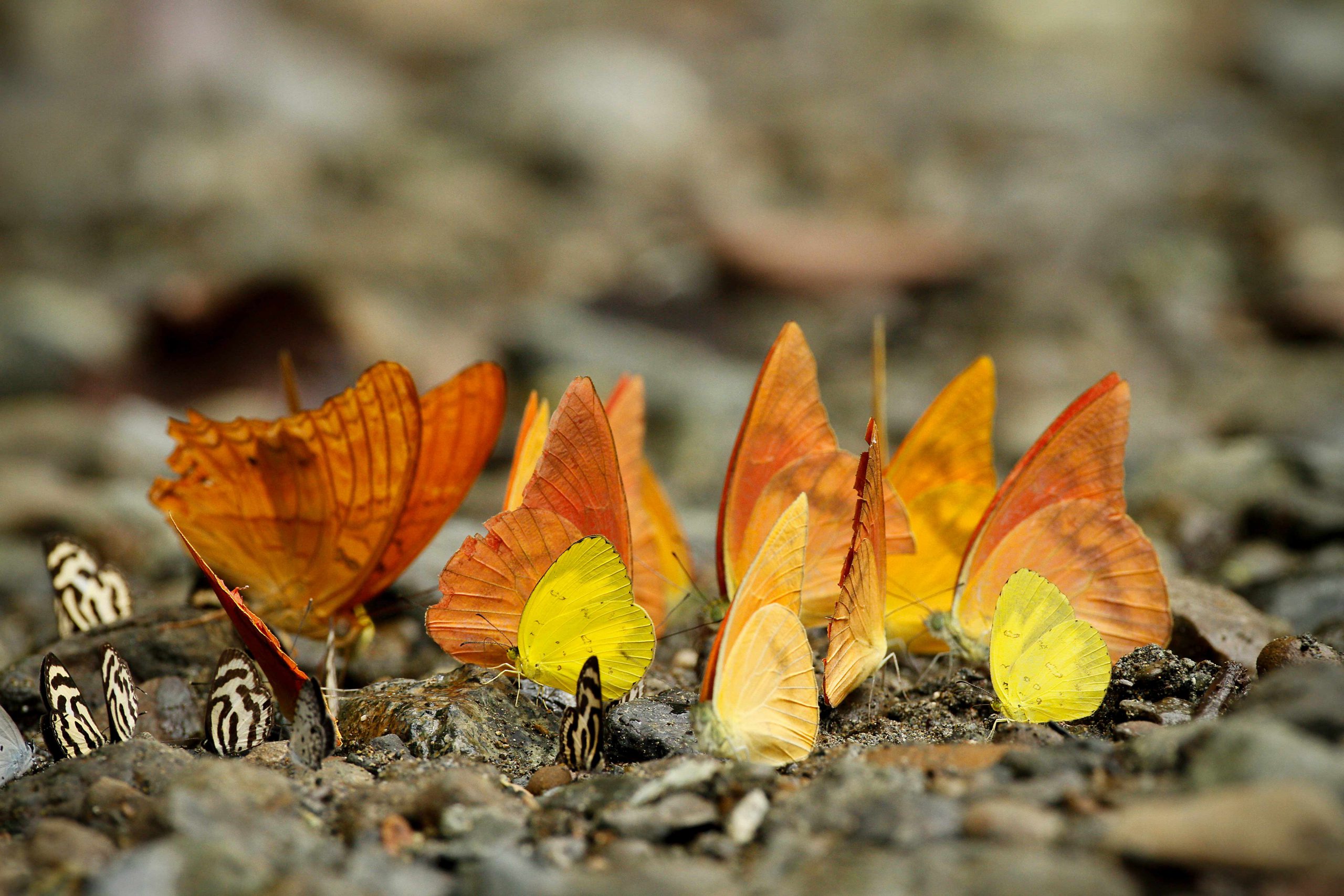
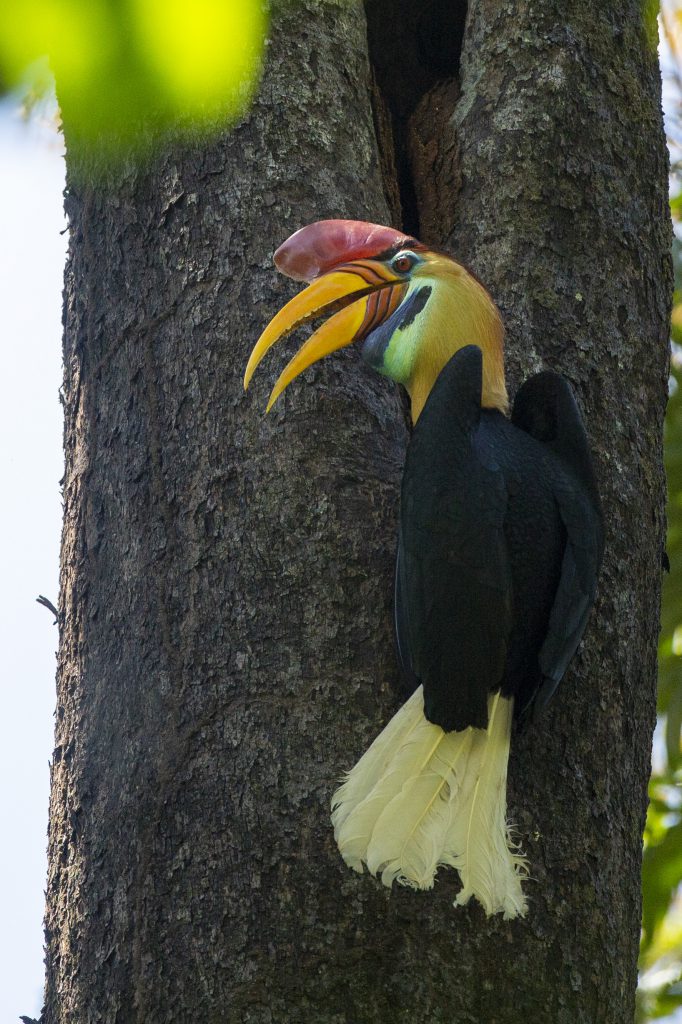
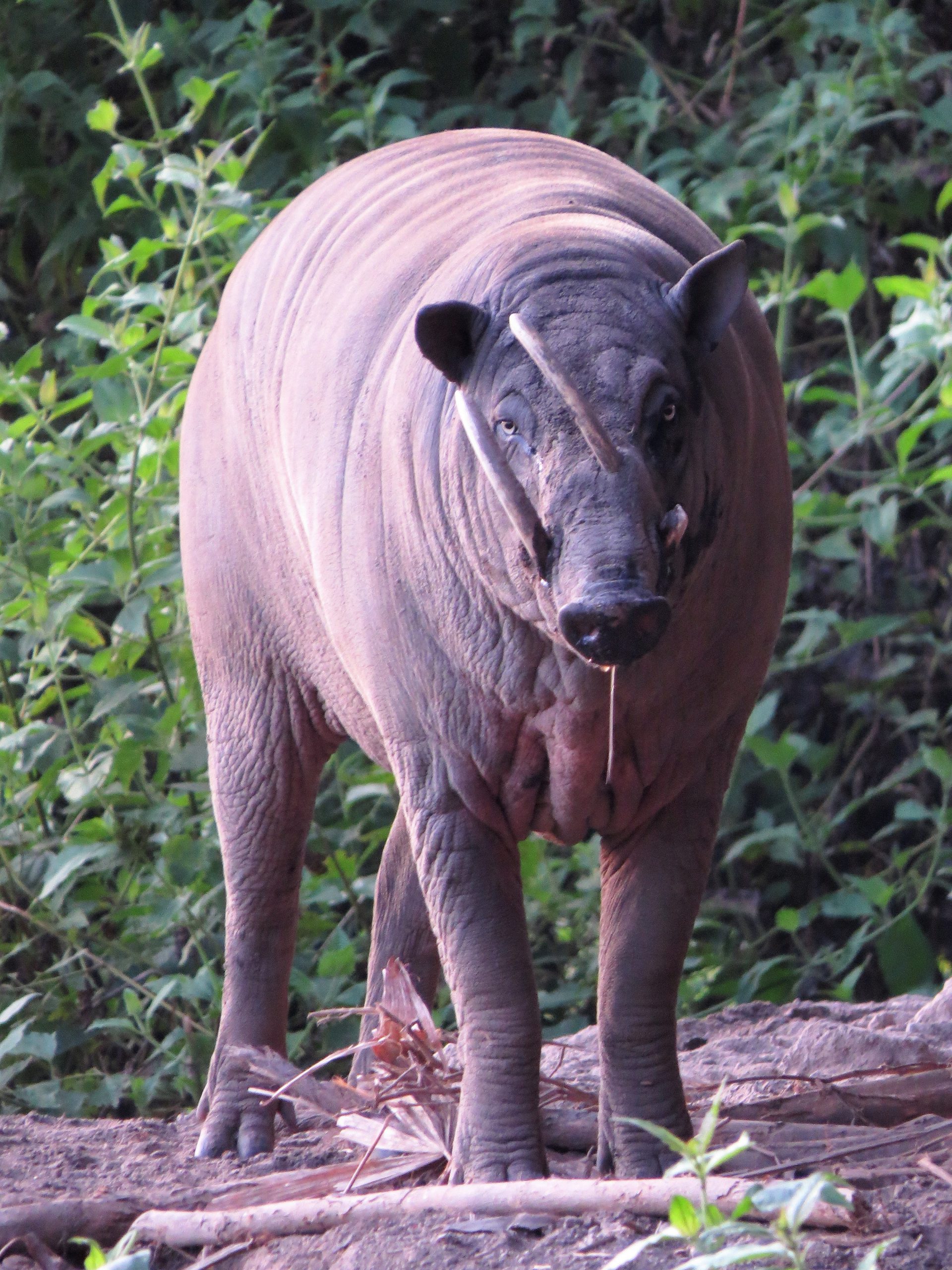
what you can do
How You Can Help
You can help protect and preserve Tompotika’s native rainforests.
Donate
Please click here to donate to AlTo to help support the cost of forest patrols, training for villagers, and forest education programs.
How You Live Matters
Each human has an impact upon the planet. Your lifestyle, especially if you are a member of the Global Consumer Class, has a profound impact on the world’s natural resources–especially when combined with that of others like you. Your lifestyle choices can accelerate the destruction of Tompotika’s forests — or, they can help keep tropical forests in Tompotika and beyond healthy and intact.
Go easy on trees
Use wood products thoughtfully and sparingly. Use 100% pcw recycled paper products wherever possible, and recycle again.
Minimize your consumption of steel and electronic gadgets
It’s especially helpful if you opt not to acquire those devices requiring rechargeable batteries. Many of those batteries require nickel, and nickel mines are one of the key threats to Tompotika forests today.
Avoid Palm Oil
Palm oil is an increasingly common ingredient in food products and cosmetics. If you must use palm oil, ask for it to be RSPO (Roundtable on Sustainable Palm Oil) certified. Millions of hectares of Indonesia’s native forests — including huge swaths in Tompotika — are being rapidly cleared for oil palm plantations to produce oil for export.
Support family planning and population control
A human population of nearly 8 billion people and growing exacerbates virtually every environmental problem our planet faces, including those in Tompotika. Fewer people means more can be left for the rest of nature, with whom we share this beautiful planet.
